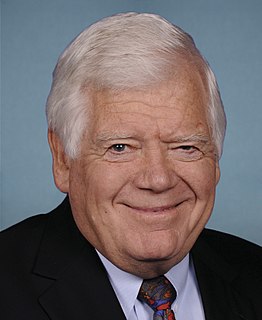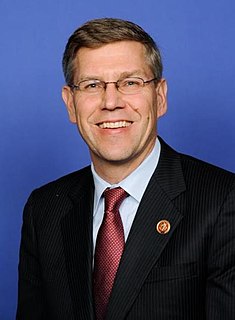Цитата Атула Гаванде
Стоимость – это призрак, преследующий реформу здравоохранения. В течение многих десятилетий самым большим недостатком американской системы здравоохранения были недобросовестные пробелы в охвате.
Связанные цитаты
Я стоял на переднем крае системы здравоохранения как врач, пациент и заботливый родитель. Этот опыт служил мне ориентиром на протяжении всей борьбы за реформирование системы здравоохранения Америки. И именно этот опыт говорит мне, что страх и предвыборная истерия не должны затмевать реальность реформ.
Поскольку Конгресс обсуждает капитальный ремонт национальной системы здравоохранения, он не должен санкционировать план реформ, который усугубит наши финансовые проблемы. Мы должны избегать создания неустойчивой государственной программы. Нет никаких сомнений в том, что реформа необходима, но здравоохранение можно сделать более доступным без громоздкой и дорогостоящей новой бюрократии.
[Барак Обама не смог продать план реформы здравоохранения американским избирателям], потому что абсолютная неправдоподобность его основного обещания — расширение охвата по более низкой цене — привело избирателей к выводу, что в конечном итоге это приведет к большему правительству, большему количеству налогов и большему долгу.
Республиканцы Палаты представителей продолжают голосовать за отмену реформы здравоохранения, не только отменяя гарантии того, что женщины не будут платить больше, чем мужчины за страховое покрытие, но и уверяя мир в том, что они не верят, что женщины должны иметь контроль над своими собственными решениями в области здравоохранения.
Немецкая система здравоохранения уникальна своей попыткой объединить конкуренцию между больничными кассами, с одной стороны, и план всеобщего покрытия, с другой. Большинство систем здравоохранения относятся либо к одному, либо к другому, так что либо у вас есть частная страховка и конкуренция, но не все покрываются за все, либо у вас есть система с единым плательщиком. Таким образом, идеальные типы похожи на американскую систему, с одной стороны, или на скандинавскую или британскую системы, с другой стороны. Германия пытается объединить преимущества.




































